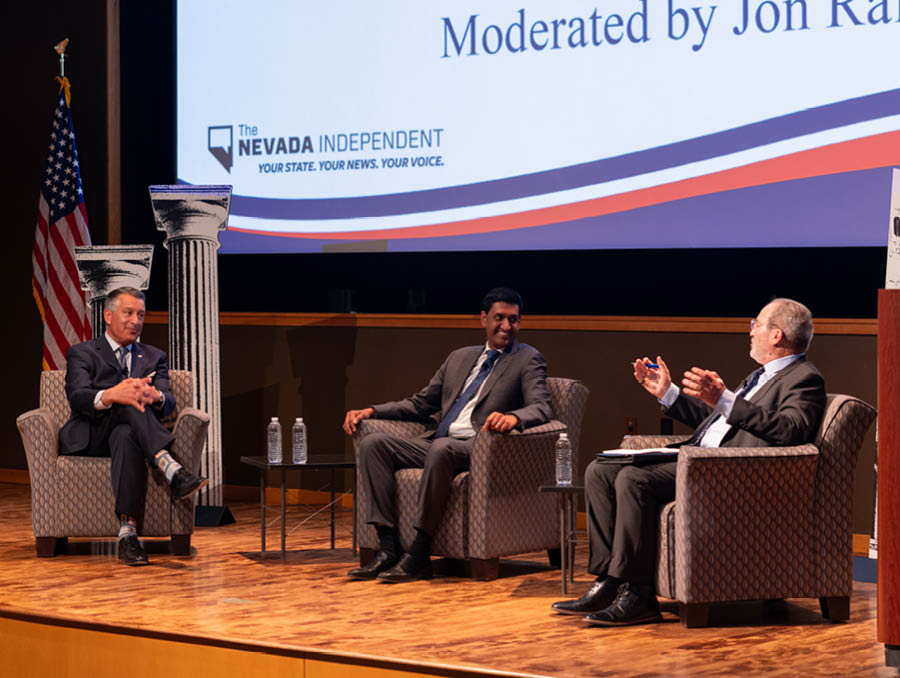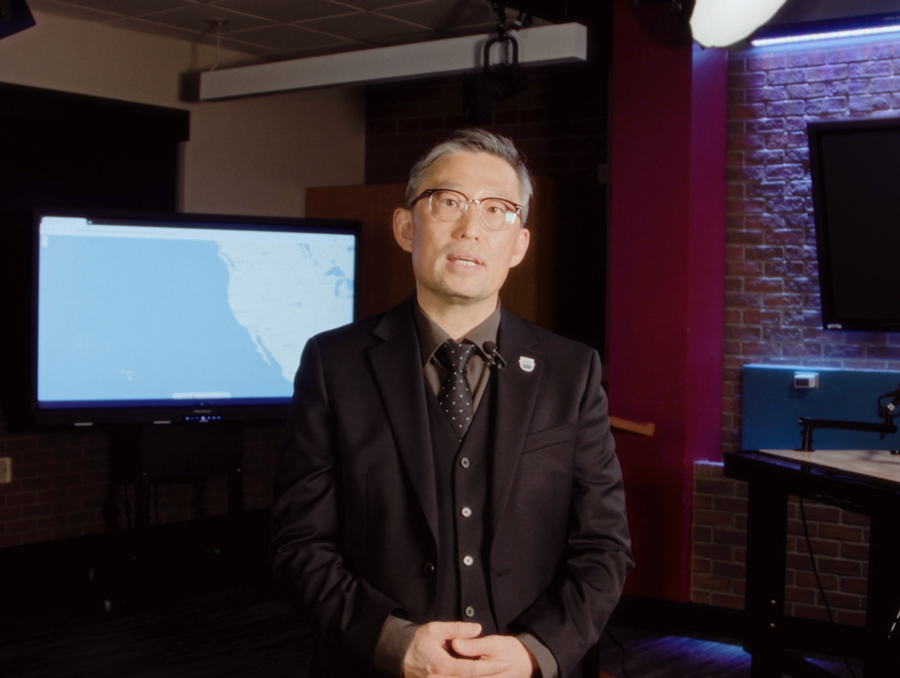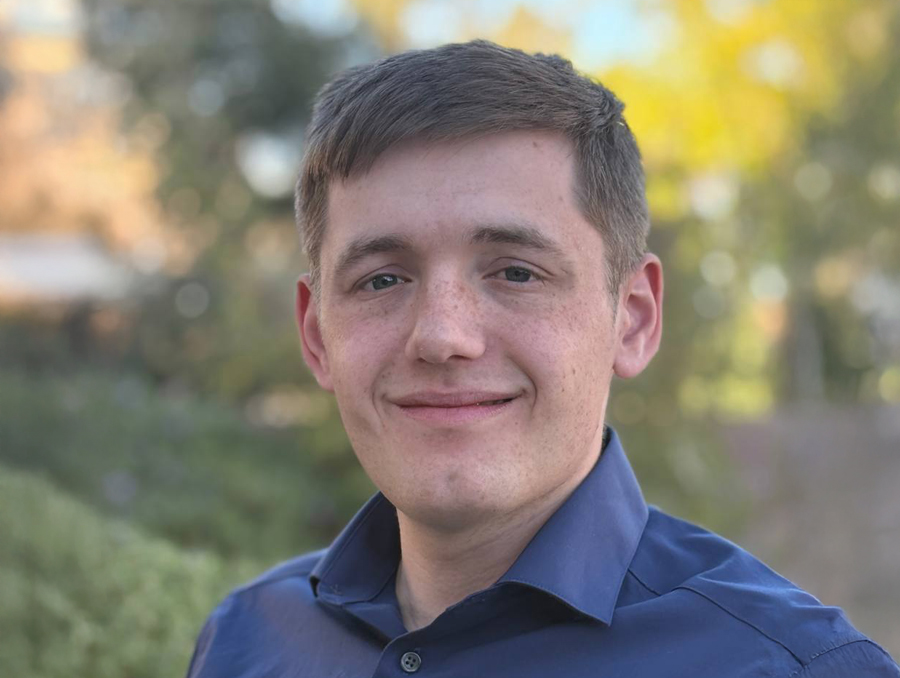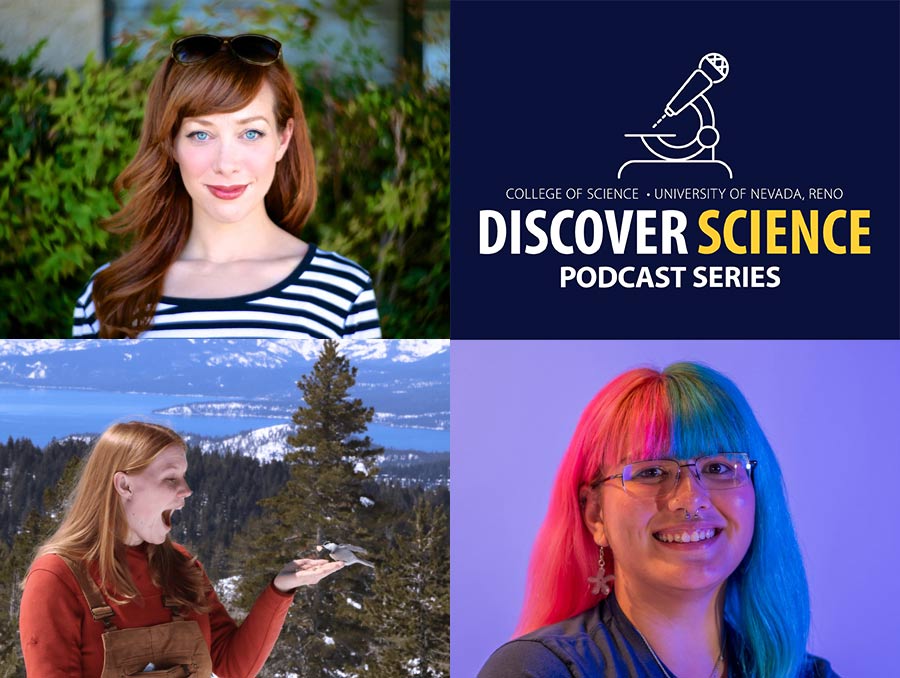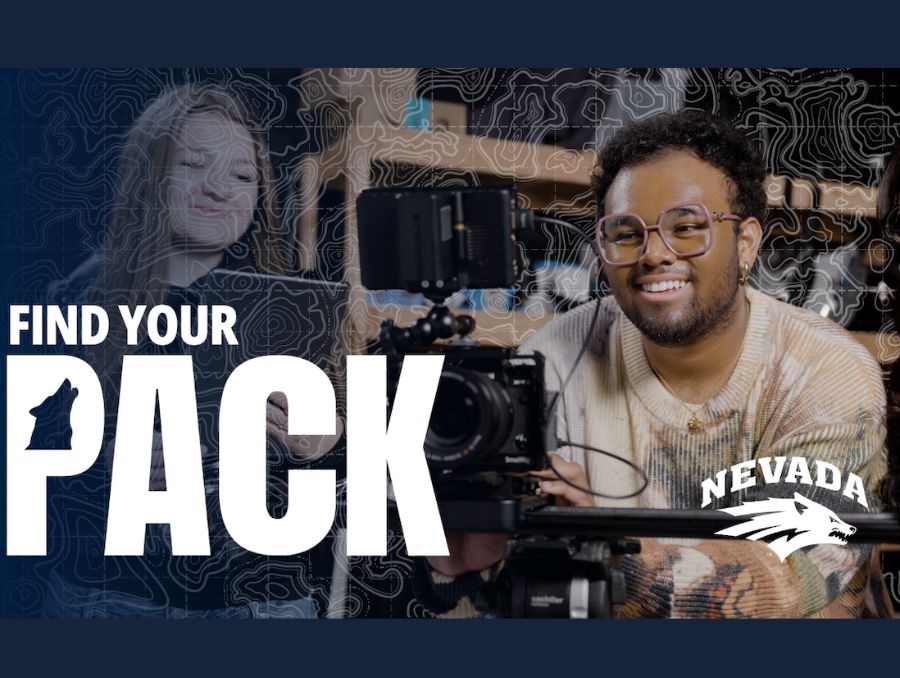On May 3, as part of the Week of Democracy at the University of Nevada, Reno, students, faculty, staff and the community were welcomed to campus to listen to a conversation between United States Congressman Ro Khanna and President Brian Sandoval. The event “Discussions in Democracy” presented the audience with topics ranging from voter education to the current political climate.
“As someone who has always believed in improving the quality of public debate, I'm so honored to participate in this conversation with President Sandoval on enhancing and enriching our democracy,” Khanna said. “I think he is a real visionary for what higher education can be, what democracy can be, and I think he's someone who has respect for people in all parties. I was honored to accept his invitation, and it has been wonderful to be here for this series.”
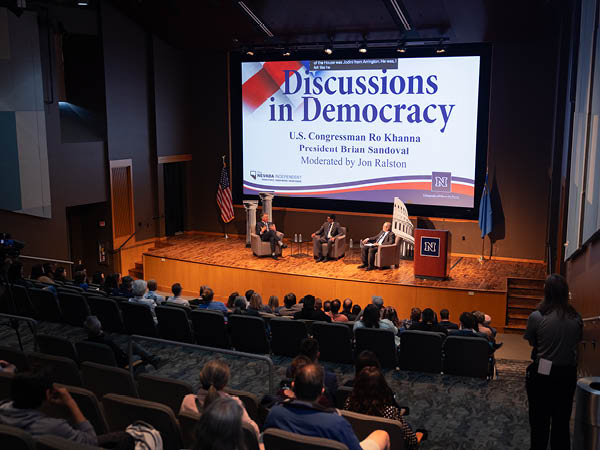
Khanna serves the 17th Congressional District of California, located in Silicon Valley, and is currently in his fourth term, where he also serves on various committees and caucuses. His passion for accessible tech education was instrumental in developing the TechWise program, a diversity, equity and inclusion program created by TalentSprint Inc. and supported by Google, which aims to increase access to a technology education.
“I come from a district that has $10 trillion of value, and I want that opportunity for every American in every district and every demographic,” Khanna said. “TechWise aims to provide that opportunity to students who may be first generation, many come from Latinx or immigrant backgrounds and gives them credentials, and that education gives them a start for a career in technology. It gives them the hope of participating in something that's going to be an extraordinary source of wealth generation and pride.”
As the world continues to grow alongside technological developments, an education in STEM has become invaluable in providing new opportunity. That is why one of Khanna’s goals is equal access to tech education, regardless of the field.
“Tech education is enormously important whether you want to become a historian, a writer, an artist, a journalist or a technologist,” Khanna stated. “You're going to need to learn the tools of AI and the true tools of software, and we need to make sure every American has those opportunities so they can compete and prosper in a modern economy.”
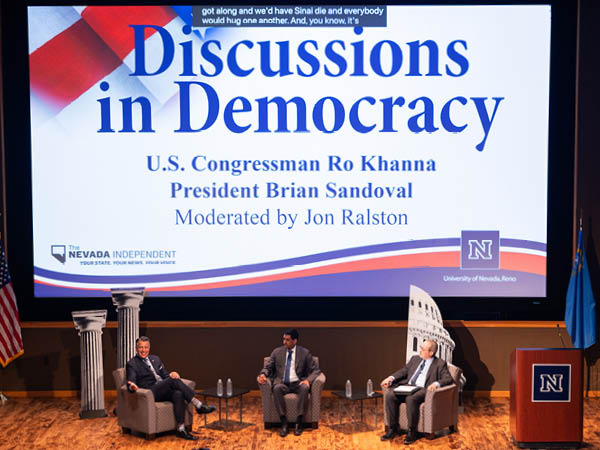
Coming from a district known for technological advancement, Khanna participates in open dialogue about access to STEM education. However, he is also an advocate for civic engagement, especially in young voters who may just be discovering the world of politics. He’s recognized that entering into political discussion can be daunting, but believes that by finding topic students are passionate about, they will contribute to ever-growing conversations and help forge new paths for the country.
“My advice is to find something you care about,” Khanna advises. “It could be the environment, it could be animal rights, it could be health care, it could be rent. Get involved in a cause and in a campaign that you're passionate about and try different things. A few things may not be your fit, but eventually if you try, you'll find things you love and that the journey will begin from there.”
